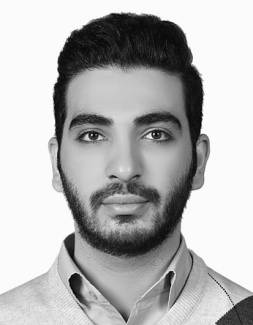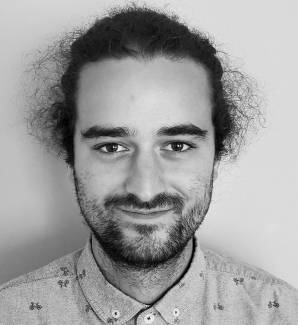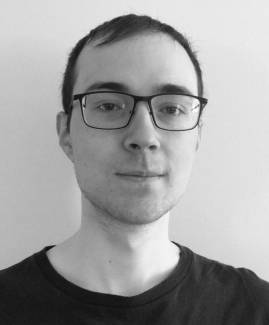
Seyyedali Hosseini
Ph.D. candidate
Faculté des sciences et de génie
Université Laval
In diagnostic radiology, the use of ionizing radiation is justified by benefits surpassing risks. From an epidemiological perspective, this balance is difficult to assess because accurate dose values for individuals are not available. This project consists in developing tools to automatically report dose-to-organs from Computed Tomography (CT) images. First, a machine-learning based, multiclass segmentation tool will be developed to automatically contour organs in CT imaging studies. Then, a fast GPU-based Monte Carlo code will be used to compute dose maps from technical scanning parameters stores in DICOM headers of medical images. A large database of dose-to-organ values will be constituted as well as interactive dashboards to explore dose usage as a function of site explored, device used, etc.
On the long term, this database will be linked with epidemiological cancer data to assess potential causal relations.

Cédric Bélanger
Ph.D. candidate
Faculté des sciences et de génie
Université Laval
High-dose-rate (HDR) brachytherapy is a standard treatment modality to treat cancer (e.g., prostate and cervical cancer) using the ionizing radiation of a small encapsulated radioactive source. The curative aim in the clinic is to create treatment plans that maximize the dose to the tumor while minimizing the dose to normal tissues. When it comes to the treatment plan generation, manual fine tuning of an objective function is necessary to achieve optimal trade-offs between these two conflicting objectives. Therefore, the plan generation is a time-consuming iterative task for practitioners; the plan quality can be dependent on the user skills.
The purpose of the project is to implement efficient optimization algorithms on GPU that can generate thousands of alternative plans with optimal trade-offs (Pareto-optimal plans) within seconds. Using real-time plan navigation tools, the user can quickly explore the trade-offs through the set of Pareto-optimal plans and select the best plan for the patient at hand. The impact of these novel optimization approaches is quantified and compared to the standard clinical approach.

Pierre-Luc Asselin
M.Sc. candidate
Faculté des sciences et de génie
Université Laval
The project consists in determining and exploring the possibilities offered by dynamic dashboards in a medical context as well as the associated data management structures. The project therefore considers several aspects of data management. In this sense, the considerations related to DICOM data transfers as well as different approaches to their management and conservation are considered. In addition, the dashboards will be designed to ensure an effective, clear and concise presentation with recognized visualization tools. Different additions will be made to the different portions of the project during its implementation depending on the direction taken by the research and the needs of health professionals. Particular emphasis is placed on compliance with FAIR principles by the resulting system.
Treatment of cancer with radiation is a proven technique used worldwide. One of the ways to treat prostate cancer is by using brachytherapy either alone or as a boost. At the moment, the techniques used depend on the experience of the treatment team and researchers are trying to overcome this problem.
In our case, the technology considered to address this problem is deep learning. Therefore, the aim of this project is to use deep learning to develop tools for planning in high dose rate brachytherapy for the treatment of prostate cancer.
It is often difficult to share denominated data between different organisations and researchers due to ethical constraints related to respondent's confidentiality. This is a frequent reality in healthcare, given the inherent sensitivity of the data involved. One option in this case is to not share the data directly, but rather to provide access to it via a tool that controls the risk of disclosure of the queries made and allows only those it considers safe.
NRC Responsible Data Speakers' Series, Theme 1
Know moreSynthetic Data for Health Symposium
Know more100 days of Data.Trek
Know moreDiscover

Featured project
Delirium is a condition that, when left unmanaged, is associated with increased mortality and longer hospitalization of patients in intensive care; therefore, its detection should be an integral part of care. It is characterized by confusion, anxiety and reduced alertness. It is estimated that 75% of delirium cases are not detected on admission to hospital. Detecting such an acute condition requires frequent monitoring of participants, which is labor intensive and requires expertise.
